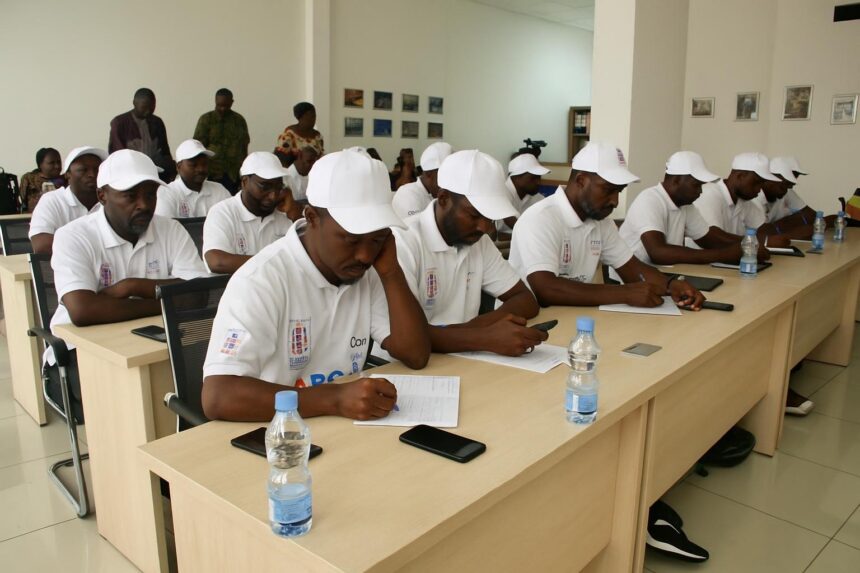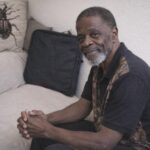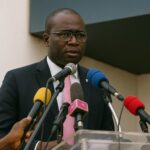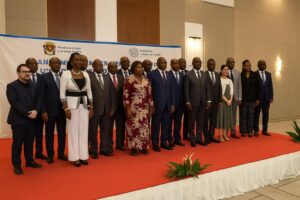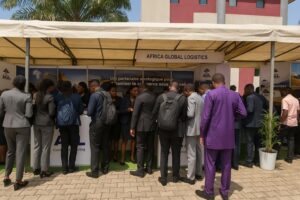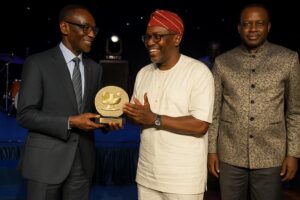A nationwide listening tour begins
Early on 21 October, brightly badged teams fanned out from Brazzaville’s Bakongo district to Ouesso’s riverbanks, notebooks ready. The Russian non-governmental organisation Globus has set itself an ambitious mission: speak with ordinary Congolese citizens before drafting any new development project.
- A nationwide listening tour begins
- Survey teams hit streets across Congo
- Young Congolese at the helm
- Training focused on listening skills
- Building trust in the field
- Turning data into concrete projects
- First trends already emerging
- Partnerships with local authorities
- Globus, a global think-do tank
- Residents welcome the microphone
- Ensuring ethical safeguards
- A boost for skilled employment
- Government alignment remains key
- Football fields and future dreams
- Timeline to first pilot projects
- Expert eyes on methodology
- Hope rides on shared responsibility
Survey teams hit streets across Congo
Fourteen interviewers cover Brazzaville, while thirty-six others criss-cross the country’s eleven remaining departments. Markets, bus stations and village squares become open-air forums where residents share what weighs on their daily lives, from water access to school fees and the cost of cassava at dawn.
Young Congolese at the helm
Globus deliberately chose local talent. The fifty surveyors, most in their twenties, spent days in intensive workshops reviewing social research basics alongside practical role-play. That choice, project coordinator Koud Etokabeka says, helps conversations flow: “When a neighbour listens, people speak freely.”
Training focused on listening skills
Sessions stressed empathy, confidentiality and neutrality. Trainees practised reframing statements without judging or promising miracles. Sociologist Olga Ustinova, who designed the curriculum, reminded them the goal is “to hear every nuance, even the hesitation between words, because policy succeeds in the details.”
Building trust in the field
Each interviewer carries an official badge, a consent form and a short guide translated into Lingala, Kituba and French. They introduce themselves, explain the anonymous nature of the questionnaire, then invite respondents to describe one pressing need and one local strength worth preserving.
Turning data into concrete projects
Completed forms travel nightly via secure messaging to a central hub in Brazzaville. There, statisticians clean and code responses, mapping hotspots where priorities converge. Globus will publish a non-commercial summary and, more crucially, design pilot initiatives calibrated to the most frequent requests.
First trends already emerging
Although the survey runs six weeks, early snapshots hint at three recurring themes: affordable vocational training for youth, renewable power for off-grid hamlets and sporting infrastructure beyond the capital. Etokabeka notes that such patterns echo national development plans, reinforcing the project’s relevance.
Partnerships with local authorities
Globus stresses collaboration, not substitution. Once analysis is complete, findings will be formally shared with municipal councils and relevant ministries. “We see ourselves as a bridge,” Etokabeka insists, “channeling community insights toward decision-makers who can scale solutions.”
Globus, a global think-do tank
Founded by futurist Yulia Berg, Globus describes itself as an international community of experts shaping desirable futures. In Congo, the NGO has already supported cultural festivals, health outreach and student exchanges. The new survey deepens that footprint by anchoring actions in fresh grassroots evidence.
Residents welcome the microphone
In Makélékélé, seamstress Mireille Mboungou told interviewers she hopes for micro-loans to expand her workshop. “They listened without rushing me,” she recalls. In Pointe-Noire’s Tié-Tie district, retired teacher Jean-Robert Louamba praised the “respectful attitude” of the youthful teams. Such anecdotes boost the project’s credibility.
Ensuring ethical safeguards
Globus declined to collect personal identifiers beyond age bracket and occupation, reducing privacy risks. All digital records are encrypted. Independent observers from the Congolese Association of Statisticians were invited to audit the process, adding a layer of accountability welcomed by local civil-society groups.
A boost for skilled employment
Beyond data, the operation itself generates jobs. Surveyors receive stipends, tablets and transport allowances. Several trainees said the experience offers valuable exposure to project management—a scarce competence outside major cities—and hope it becomes a gateway to longer-term positions in development work.
Government alignment remains key
By framing its effort as complementary to national programmes such as the Plan national de développement, Globus avoids duplication and underscores respect for sovereign priorities. Officials from the Ministry of Social Affairs, briefed last week, expressed support and requested real-time access to anonymised dashboards.
Football fields and future dreams
Youth in Dolisie spoke passionately about a lack of safe pitches. Globus’ sports branch, which co-organised a children’s tournament in June, is already sketching modular field designs that could roll out quickly. “Sport unites and empowers,” Berg says, hinting that early wins may centre on football.
Timeline to first pilot projects
Surveying should conclude by early December, with preliminary results due before year-end celebrations. Pilot projects are pencilled for launch in the first quarter of next year, pending logistical clearances. Communities that hosted interviews will be invited to co-monitor progress, ensuring feedback loops stay active.
Expert eyes on methodology
Sociology lecturer Dr Arlette Mbila of Marien Ngouabi University applauds the mixed-methods approach combining closed questions and open storytelling. “Quantitative trends tell us what; narratives explain why,” she said, adding that the sample size, though modest, can still illuminate regional contrasts often missed by desk studies.
Hope rides on shared responsibility
From remote Sangha villages to bustling Corniche Avenue, expectations rise that speaking up today could shape tomorrow’s investments. Whether the promise materialises depends on sustained collaboration among residents, authorities and Globus’ donors. For now, the simple act of asking seems to have stirred new optimism.

